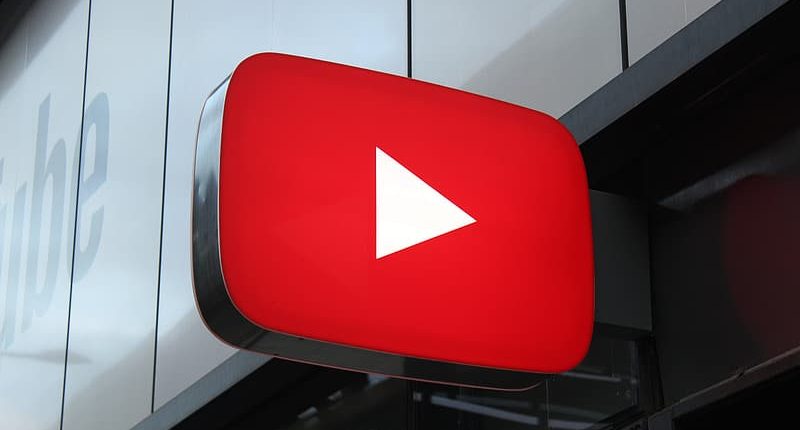The internet is a place where bullying and harassment are ripe, even though most major social media platforms are working hard to fix it. The recent development by YouTube is a step in that direction – the company announced that it would be hiding the number of “dislikes” on videos.
That’s right, the much-needed update will protect the smaller creators on its platform from targeted dislike attacks and harassment and promote “respectful interactions between viewers and creators.” This does not mean that the dislike button will be disabled – users can still click the thumbs down button on videos to signal their dislike – but only creators (via Creator Studio) will be able to see the number of dislikes on their videos.
This step is a much-needed one, especially in YouTube, where groups often team up and hit the dislike button on videos in order to increase the dislike count. Since the number of likes and dislikes is a measure of how well-received the video has been, this mass dislike is a harmful move.
YouTube revealed in a blog post that a lot of small and first-time creators were unfairly targeted and confirmed that online harassment was often done on smaller channels. However, the big ones are not exempt from this – who can forget YouTube’s Rewind video of 2018?
“This change will start gradually rolling out today,” the blog said. While YouTube is not the first platform to unveil such a move – Instagram and Facebook have had similar ideas – it is hoped that is not too late to curb the levels of harassment creators are facing.
The move is not an unexpected one, given that YouTube had experimented with this feature earlier this year. “To ensure that YouTube promotes respectful interactions between viewers and creators… we experimented with the dislike button to see whether or not changes could help better protect our creators from harassment, and reduce dislike attacks,” YouTube said in a statement, adding that the invisibility of the dislike count led to a lesser number of attacks.
“Our experiment data showed a reduction in dislike attacking behavior,” it said.
